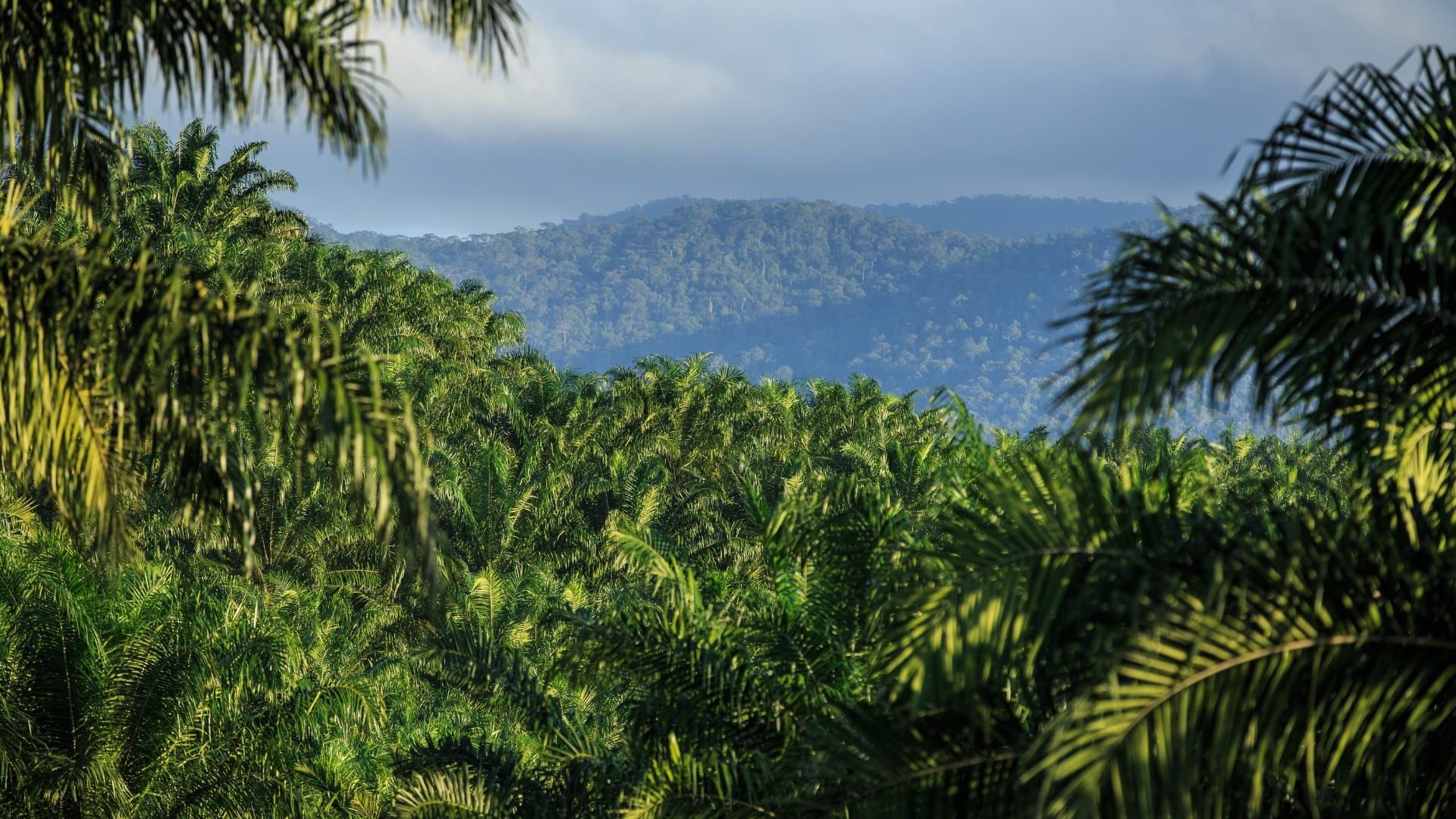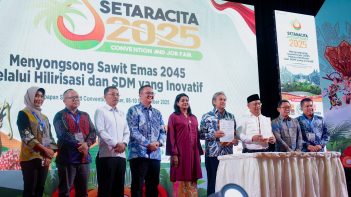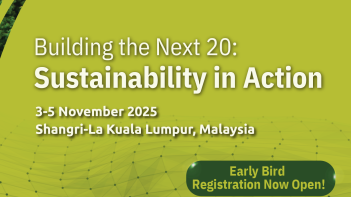RSPO responds to proposed EU legislation for deforestation-free products by urging the Commission to consider the impacts on people in producing regions.
Zoetermeer, The Netherlands, 29 November 2021: On 17 November 2021, the European Commission launched its proposal for an EU Regulation to minimise the risk of deforestation and forest degradation associated with commodities and products placed on the EU market.
The Roundtable on Sustainable Palm Oil (RSPO) welcomes the Commission’s proposal. We support its efforts to tackle the global challenge of deforestation and forest degradation, and ensure that products entering the EU market are not linked to deforestation.
As one of the strictest agricultural standards worldwide, No Deforestation is central to the RSPO Principles and Criteria for the Production of Sustainable Palm Oil 2018.
We are therefore glad to see the proposal acknowledge the value of certification, or other third party verified schemes, in the risk assessment procedures of operators. However, we call on the co-legislators to examine and maximise the value of credible voluntary sustainability schemes by extending their role in the due diligence process. This is essential in order to facilitate the work for many actors and diminish the administrative burdens on companies and public bodies.
The benefits of voluntary sustainability schemes go beyond this proposal, touching EU initiatives on sustainable corporate governance. Our long-term goal as a global society must be to ensure the future of people and planet by achieving the Sustainable Development Goals. This requires us to examine global challenges through both a social and ecological lens. We cannot solve deforestation without considering the livelihoods of people in regions that produce the commodities we use.
Therefore, our primary concern with the proposed legislation is the possible negative impact on smallholders. In leading producing countries such as Indonesia and Malaysia, smallholder production represents roughly 40% of the total oil palm plantation area. This number is predicted to rise to 60% over the coming years. By de facto outlawing mass balance and credit supply chain models, we risk excluding smallholders from the market for Certified Sustainable Palm Oil owing to the high barriers to entry. This would roll back major accomplishments in lifting communities out of poverty and providing economic opportunities. Without access to EU markets, smallholders may be forced to supply to countries which have lower environmental and social criteria, resulting in practices that threaten the wellbeing of communities, forests and biodiversity.
The proposal’s main measure to mitigate the negative impact on smallholders is a late cut-off date. However, we fear this is insufficient and call on legislators to introduce a more reasonable transition period to allow smallholders, companies and other actors to adjust their operations without leaving anyone behind.
We reiterate our belief that the backing of governments is needed to tip the scale in favour of deforestation-free supply chains. The EU is taking a crucial step to ensure forest protection and restoration. We support its ambition and call on all parties involved in future deliberations to ensure this is achieved in a truly holistic and sustainable way.
About RSPO:
The Roundtable on Sustainable Palm Oil (RSPO) was formed in 2004 with the objective of promoting the growth and use of sustainable oil palm products through credible global standards and engagement of stakeholders. RSPO is a not-for-profit, international, membership organisation that unites stakeholders from the different sectors of the palm oil industry including oil palm producers, palm oil processors or traders, consumer goods manufacturers, retailers, banks and investors, environmental or nature conservation NGOs, and social or developmental NGOs.
This multi-stakeholder representation is mirrored in the governance structure of RSPO such that seats in the Board of Governors, Steering Committees and Working Groups are fairly allocated to each sector. In this way, RSPO lives out the philosophy of the "roundtable" by giving equal rights to each stakeholder group, facilitating traditionally adversarial stakeholders in working together to reach decisions by consensus, and achieving RSPO’s shared vision of making sustainable palm oil the norm.
The seat of the association is in Zurich, Switzerland, with the HQ of the secretariat based in Kuala Lumpur. We have satellite offices in Jakarta (ID), London (UK), Zoetermeer (NL), Beijing (CN) Bogotá (CO) and representation in Stockholm (SWE) and Bologna (IT).
For further information, kindly contact:
|
Name: Sara Cowling |
Name: Fay Richards |
Keep reading

RSPO x JaSPON Conference and Member Engagement Forum 2025 Spotlights Japan’s Sustainability Success and Market Growth
Call for Expression of Interest: Independent Investigation of a Complaint
Call for Expression of Interest: Mexico National Interpretation Task Force for 2024 RSPO Principles and Criteria (RSPO P&C) and Independent Smallholder (ISH) Standard

RSPO–APKASINDO Partnership to Boost Inclusive Growth, Certification, and Market Access for Oil Palm Smallholders

Open Letter to COP30 President: Integrating Forests and Biodiversity: A Policy Central to Paris Agreement Success

Bridging the Auditing Divide: Key Takeaways from the RSPO Assurance Forum 11

Extension of RSPO Excellence Awards 2025 Submission Deadline!





